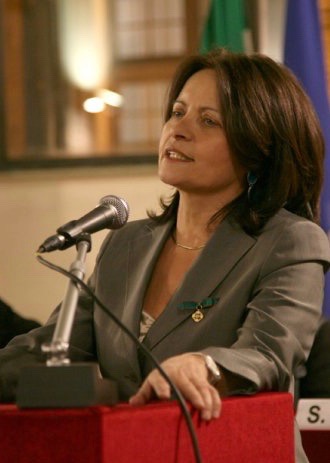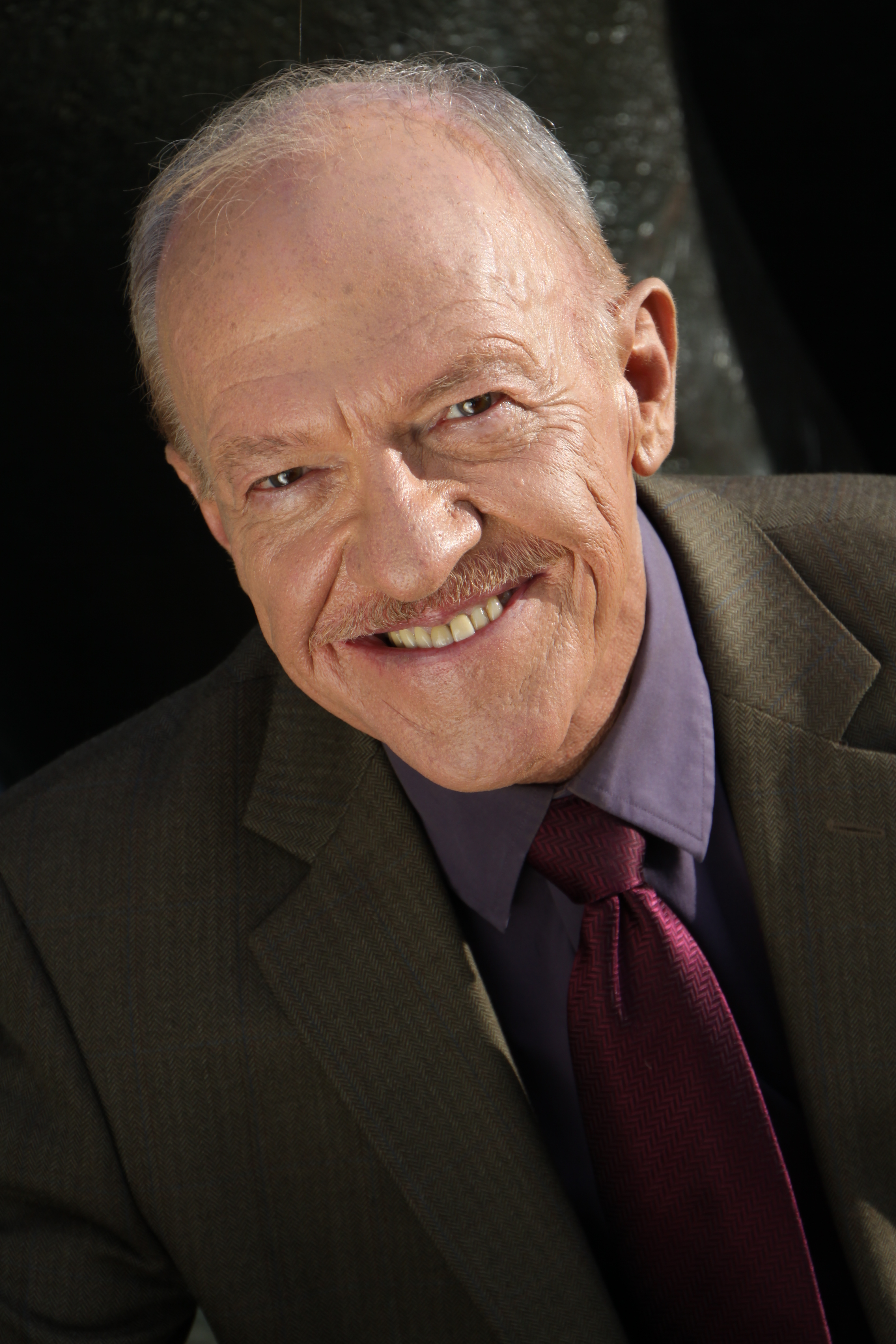The Reed College Public Policy Lecture Series continues its annual tradition of bringing compelling speakers to campus to address important issues of politics, policy, and political change.
The election of Donald Trump seems to call into question many long-standing assumptions about how democracy in general, and democracy in the United States, works. To what extent does the election -- its process as well as its outcome -- demand a rethinking of the very idea of democracy itself and of the relationship between the state on the one hand and the citizens of the state on the other? In the best traditions of Reed's commitment to inquiry, the Spring 2017 PPLS will give us an opportunity to catch up to the news cycle, and perhaps to place recent events securely within their larger historical and theoretical contexts.
All events are free and open to the public.
Nadia Urbinati
"Populism: A Challenge from Within"
Thursday, February 23
7 p.m., Vollum lecture hall
 Nadia Urbinati is Kyriakos Tsakopoulos Professor of Political Theory and Hellenic Studies at Columbia University. Urbinati will argue that populism develops within representative democracies as a fight over the meaning and representation of the people. Populism’s renaissance in several democratic countries is both a symptom and a triggering force that can disrupt the mix of the demos (“the people”) and the ethnos (“the nation”). Urbinati will end with the claim that populism is a symptom of malaise of democratic societies, but can hardly be a remedy for it.
Nadia Urbinati is Kyriakos Tsakopoulos Professor of Political Theory and Hellenic Studies at Columbia University. Urbinati will argue that populism develops within representative democracies as a fight over the meaning and representation of the people. Populism’s renaissance in several democratic countries is both a symptom and a triggering force that can disrupt the mix of the demos (“the people”) and the ethnos (“the nation”). Urbinati will end with the claim that populism is a symptom of malaise of democratic societies, but can hardly be a remedy for it.
Sponsored by the Elizabeth C. Ducey Political Science Lecture Fund.
Jeffrey Green
"The Few, the Many…and Trump"
Tuesday, March 7
7 p.m., Vollum lecture hall
 Jeffrey Green is Associate Professor of Political Science at the University of Pennsylvania. A political theorist, Green has broad interests in democracy, ancient and modern political philosophy, and contemporary social theory. In his lecture, Green will examine aspects of the Trump phenomenon in light of a plebeian model of democracy, according to which the division between the Few and the Many is seen as inescapable but also full of progressive potential. He argues against two different anti-plebeian standpoints: expecting the Many to behave like the Few and, conversely, being a member of the Few but behaving as one of the Many. Trump embodies the latter dynamic.
Jeffrey Green is Associate Professor of Political Science at the University of Pennsylvania. A political theorist, Green has broad interests in democracy, ancient and modern political philosophy, and contemporary social theory. In his lecture, Green will examine aspects of the Trump phenomenon in light of a plebeian model of democracy, according to which the division between the Few and the Many is seen as inescapable but also full of progressive potential. He argues against two different anti-plebeian standpoints: expecting the Many to behave like the Few and, conversely, being a member of the Few but behaving as one of the Many. Trump embodies the latter dynamic.
Sponsored by the Elizabeth C. Ducey Political Science Lecture Fund.
Ian Shapiro
"Democratic Competition: The Good, the Bad, and the Ugly"
Friday, March 24
7 p.m., Psychology Auditorium - Room 105
 Ian Shapiro is Sterling Professor of Political Science and Henry R. Luce Director of the MacMillan Center at Yale University. Shapiro'’s lecture will be an evaluation of different democratic arrangements in light of the elections and referenda of 2016. Shapiro will argue that recent trends to decentralize decision making and the governance of political parties in the name of enhanced democratic control have been self-defeating, and he will propose reforms aimed at remedying the situation.
Ian Shapiro is Sterling Professor of Political Science and Henry R. Luce Director of the MacMillan Center at Yale University. Shapiro'’s lecture will be an evaluation of different democratic arrangements in light of the elections and referenda of 2016. Shapiro will argue that recent trends to decentralize decision making and the governance of political parties in the name of enhanced democratic control have been self-defeating, and he will propose reforms aimed at remedying the situation.
Sponsored by the Elizabeth C. Ducey Political Science Lecture Fund.
Wayne Cornelius
"U.S. Immigration Policy in the Age of Trump: Do Facts Matter?"
Tuesday, March 28
7 p.m., Psychology Auditorium - Room 105
 Wayne Cornelius is the Theodore Gildred Distinguished Professor of Political Science and U.S.-Mexican Relations, emeritus, at the University of California-San Diego and the recipient of the Aguila Azteca, Mexico's highest award for foreign nationals, in recognition of his lifetime contributions to U.S.-Mexican relations and understanding of Mexican immigration. His lecture will explore the ways in which fake or "alternative" facts shape public and policy debates over immigration in the United States today. Drawing on his fieldwork on Mexican migration to the United States, he illustrates the chasm between claims made by anti-immigrant politicians/advocacy groups and the reality documented by academic research. He will also discuss the serious human consequences of immigration policies that are not evidence-based.
Wayne Cornelius is the Theodore Gildred Distinguished Professor of Political Science and U.S.-Mexican Relations, emeritus, at the University of California-San Diego and the recipient of the Aguila Azteca, Mexico's highest award for foreign nationals, in recognition of his lifetime contributions to U.S.-Mexican relations and understanding of Mexican immigration. His lecture will explore the ways in which fake or "alternative" facts shape public and policy debates over immigration in the United States today. Drawing on his fieldwork on Mexican migration to the United States, he illustrates the chasm between claims made by anti-immigrant politicians/advocacy groups and the reality documented by academic research. He will also discuss the serious human consequences of immigration policies that are not evidence-based.
Sponsored by the Munk-Darling Lecture Fund in International Relations.